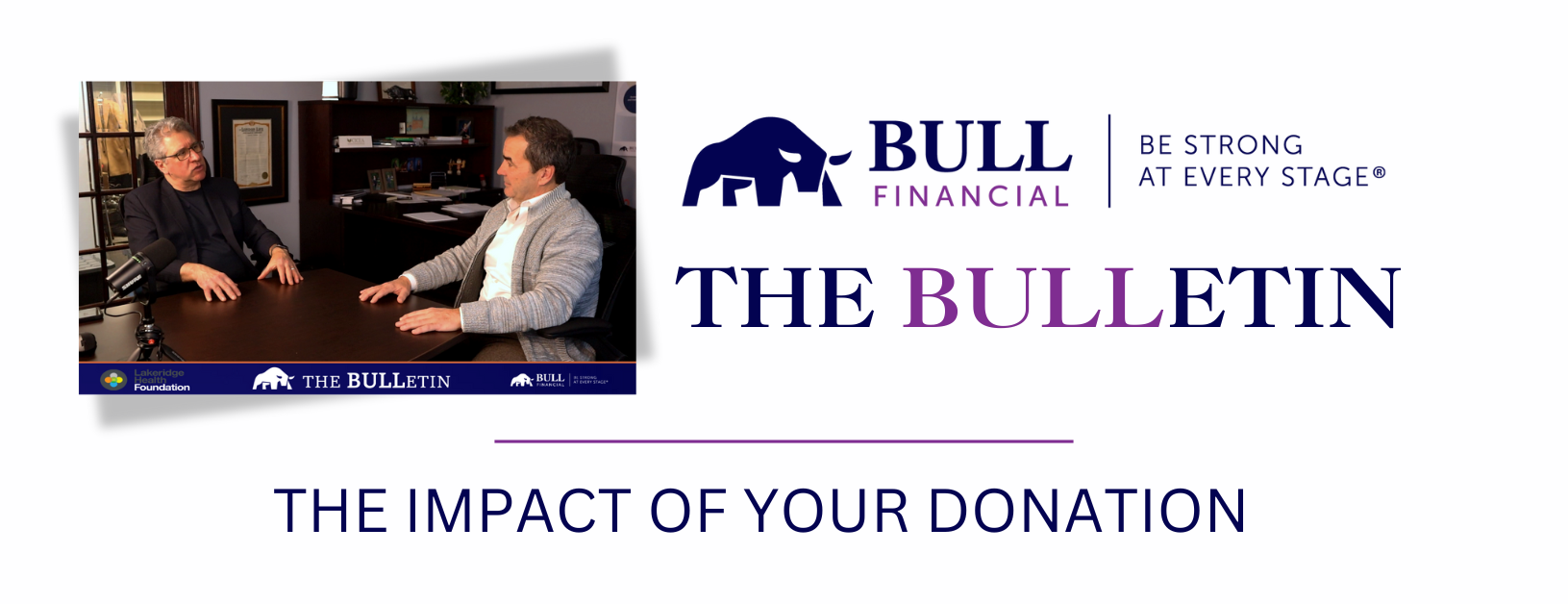On January 1st, 2024, our federal government will change the Alternative Minimum Tax (AMT) on personal giving, a surprising move that will be punitive to charities from coast to coast. The current AMT rules allow a donor to give, to charity, publicly-traded shares that have incurred capital gains – without attracting tax on those capital gains. In addition, the donor receives a tax credit for 100% of the donated shares. However, under changes introduced in the federal government’s most recent budget, 30% of the gain arising from the donation of shares will be taxable, and the donation tax credit will be reduced to 50%.
This change constitutes nothing less than a body blow to Canadian charities and donors alike. Since 1995, successive federal governments have made tax changes that encouraged charitable giving. This change is a remarkable reversal of that trend, which will result in charities receiving lower donations going forward.
Time is of the essence. December 31st of this year will be the last day to donate under the current tax rules. What can donors and charities do?
First, they can attempt to stop implementation of the AMT change by writing or calling their member of Parliament and Canada’s Deputy Prime Minister and Minister of Finance, Chrystia Freeland. I have sent my letter and will be continuing the campaign on social media. The goal is to ensure that our federal government fully understands that the change to the AMT is designed, whether intentionally or not, to ensure charities receive less of the donations that are their lifeblood.
Assuming the AMT change will in fact come into effect, here are strategies that will help you avoid its negative impact:
-Consider the creation of something called a Donor Advised Fund, which is a simplified version of a personal foundation. This would allow you to make, prior to December 31st of this year, several years’ donations at once, with a favourable tax treatment.
-Magnify the amount of your gift with our Dual Donation Strategy, which turns your tax dollars into a major legacy. It begins with a question: What would you rather be remembered for – giving a $100,000 donation to the charity of your choice or a $50,000 cheque to CRA?
It is important to note that the new AMT rules do not apply in the year of a taxpayer’s death, so charitable donations can still be used to eliminate estate taxes owing. As well, the AMT change does not apply to corporations, so business owners can continue to donate shares corporately or consider starting to do so.
Also please note this is just an overview. There are more details I would be very happy to share upon request.
Carefully-constructed strategies can take time to put in place – so get started now.
Mark Bull, MFA-P, CLU, CFP, CHS, CEA
President, Bull Financial
mark@bullfinancial.ca
905-576-0230


